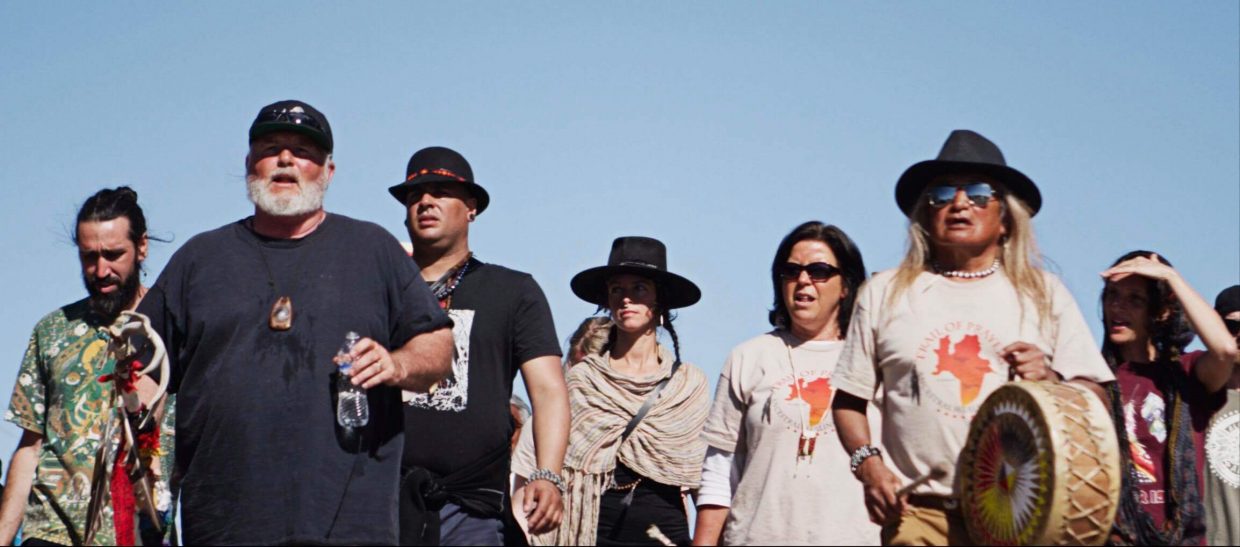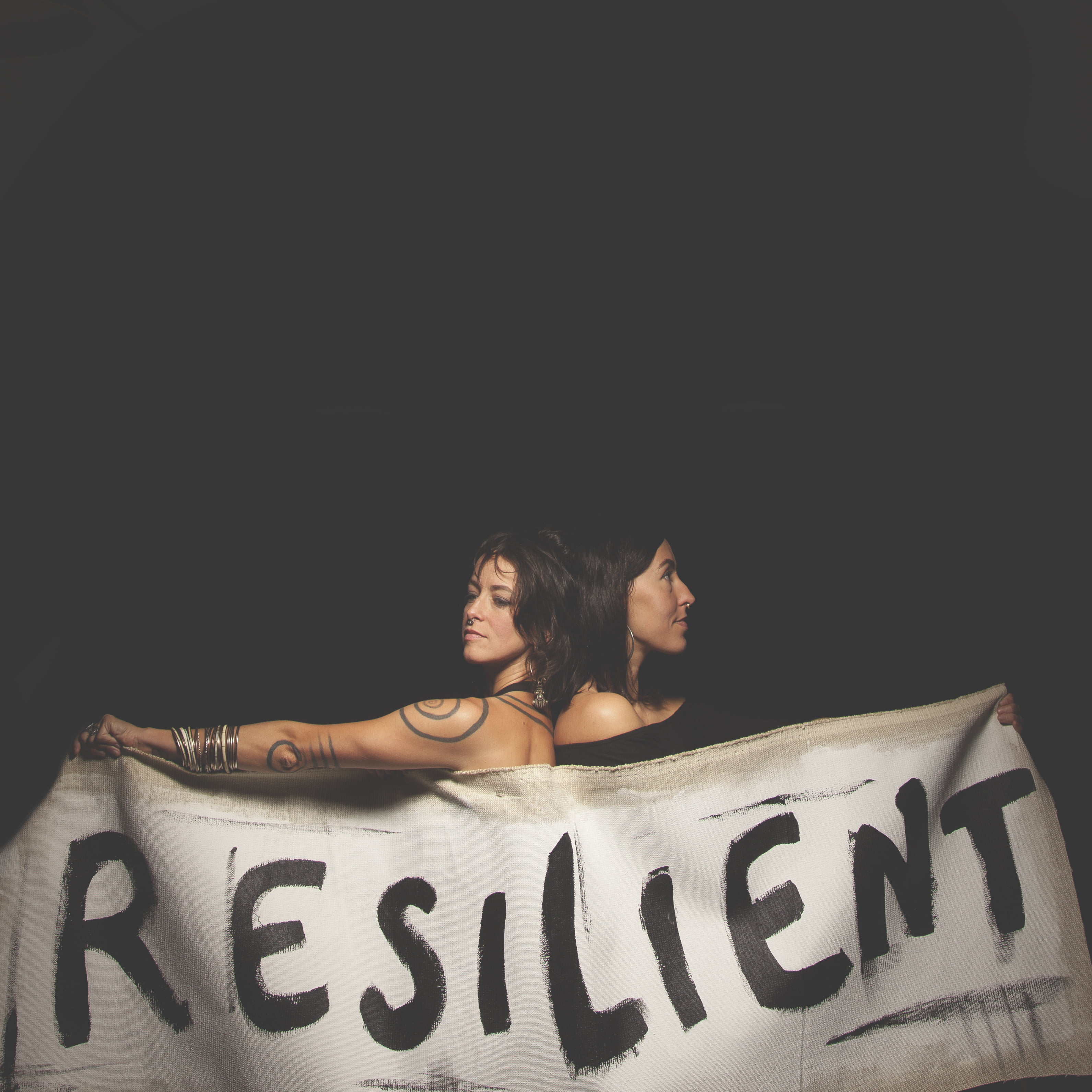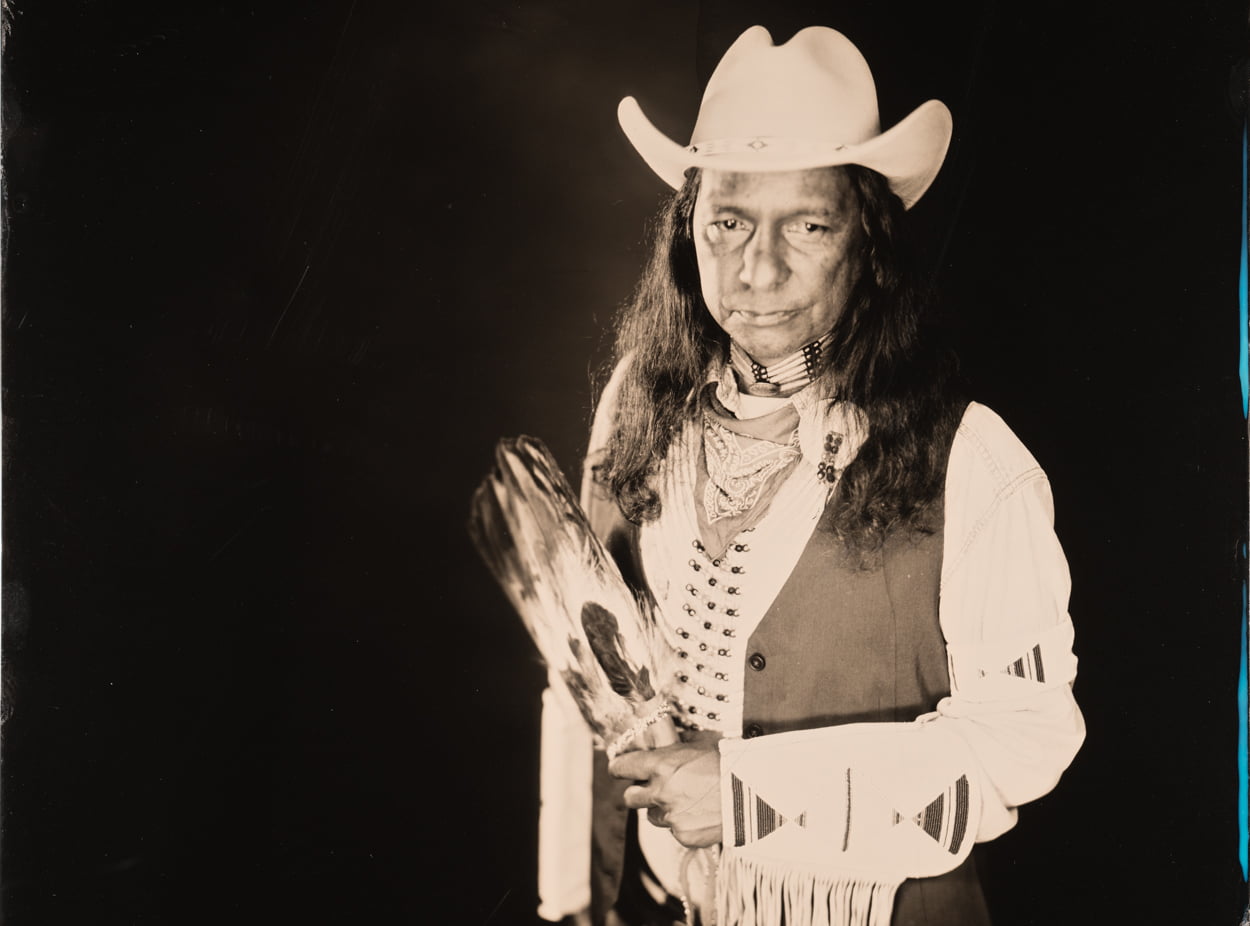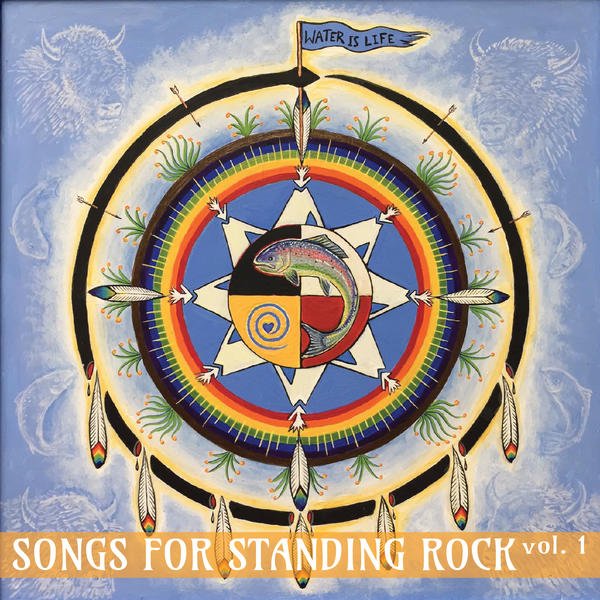“The holiest place on earth is where an ancient hatred has become a current love.” –– A Course in Miracles
“Resilient” was written after the election, during Standing Rock, and while on tour. It came out like a wild horse from our mouths, the kind of song that responds to the times itself before you have much to say about it. I had to get out of its way, really. Song catching, some folks say. To be resilient means to come back to your original shape after being bent, broken, or compressed. I believe everyone can relate to that word in their own way right now, and my prayer is that the song somehow finds the people who need to hear it most. Songs always do that on their own. They live such broad lives, once they leave your throat.
I relate both the word and the song, “Resilient,” to many things — to my time spent in New Orleans after Katrina; to the #MeToo Movement; to my own resurgence after difficult times in our family; to a time in my career when I wasn’t feeling much like singing in the public eye. Right after the 2016 U.S. presidential election, there was so much animosity in the air, from all sides of the spectrum, that most folks I knew wanted to hide out and regroup privately — turning inward to seek quiet amidst all the yelling and celebration. However, we had a tour booked for an entire month — the Resilient Tour — that put us in venues, community centers, and public spaces to share our songs with the people. What happened throughout that month was an incredible weaving of national stories and personal triumph, and it put me right back on track with what my work is meant to serve.
As an artist, sometimes you have to get out of the way of your craft … let it live and breath on its own … being careful not to confine its girth. The Resilient Tour reminded us of the original essence of the troubadour, the griot, the traveling wordsmith. It’s a great honor, service, and privilege to play music for a living, and we have never taken that lightly. The stage is a gathering tool of energy and bodies, of power and communication. It’s like a radio tower emitting information across the world through melody and rhythm. I’ve witnessed songs change the air in a stagnant room and breathe life into a tightened face. In writing “Resilient,” I wanted to speak to that beautiful mystery.

As the song released to the public, we had the great honor to join a 250-mile Ancestral Healing prayer walk that spanned from Rosebud, South Dakota, to Fort Laramie, Wyoming, commemorating the 150th year of the signing of the Fort Laramie treaty. The walk culminated a four-year journey between the direct descendants of both sides of the Blue Water Massacre, retracing the steps of a brutal history in a peaceful way. As allies to our friends (the descendants Paul Soderman and Phil Little Thunder), my sister, our drummer Biko, about 20 other walkers, and I embarked upon this resilient walk to pay homage to the indigenous people of America, as well as witness the destructive legacy of promises unkept by governments both then and now. We joined the final four days of the walk, putting our feet on the pavement for 50 miles and listening to so many beautiful stories along the way from elders in the communities we were passing and other allies throughout our walk. At our sides were horses, prayer bundles, endless jokes and laughter, historical markers, children, old folks wizened by the journey, countless songs to sing, and stories to share. The land was vast in its dryness and enchanting in its huge sky. It took your breath away without much effort, and you could feel the history that has taken place there deep inside your bones.
When we walked our final day into Fort Laramie, there was a palpable emotion in the air. Anger. Resentment. Healing. Connection. Celebration. Commemoration. Protection. Family. In a time of so much national negative discourse and noise, it was our great honor to listen and lean in there. “Resilient” came that much more alive for us.
This song is for the times, for anyone who needs to be reminded of that word right now. It’s not about sides or favorable politics. It’s not about preaching to the choir. Its written to remind ourselves, first and foremost, that our bodies are resilient. Our families are resilient. Our work is resilient. Our pain and our pasts are resilient and, when we come together honestly and with a sense of willingness to listen, barriers break down all across the board.
I am resilient
I trust the movement
I negate the chaos
Uplift the negative
I’ll show up at the table, again and again and again
I’ll close my mouth and learn to listenThese times are poignant
The winds have shifted
It’s all we can do
to stay uplifted
Pipelines through backyards
Wolves howlin’ out front
Yeah I got my crew, but truth is what I want
Realigned and on point
Power to the peaceful
Prayers to the waters
Women at the center
All vessels open, to give and receive
Let’s see this system brought down to its kneesI’m made of thunder, I’m made of lightning
I’m made of dirt, yeah
Made of the fine things
My father taught me that I’m a speck of dust
And this world was made for me
so let’s go and try our luck
I’ve got my roots down down down down down deepSo what are we doing here
What has been done ?
What are you going to do about it?
When the world comes undone ?
My voice feels tiny and im sure so does yours
Put us all together we’ll make a mighty roar
— Chloe Smith of Rising Appalachia



